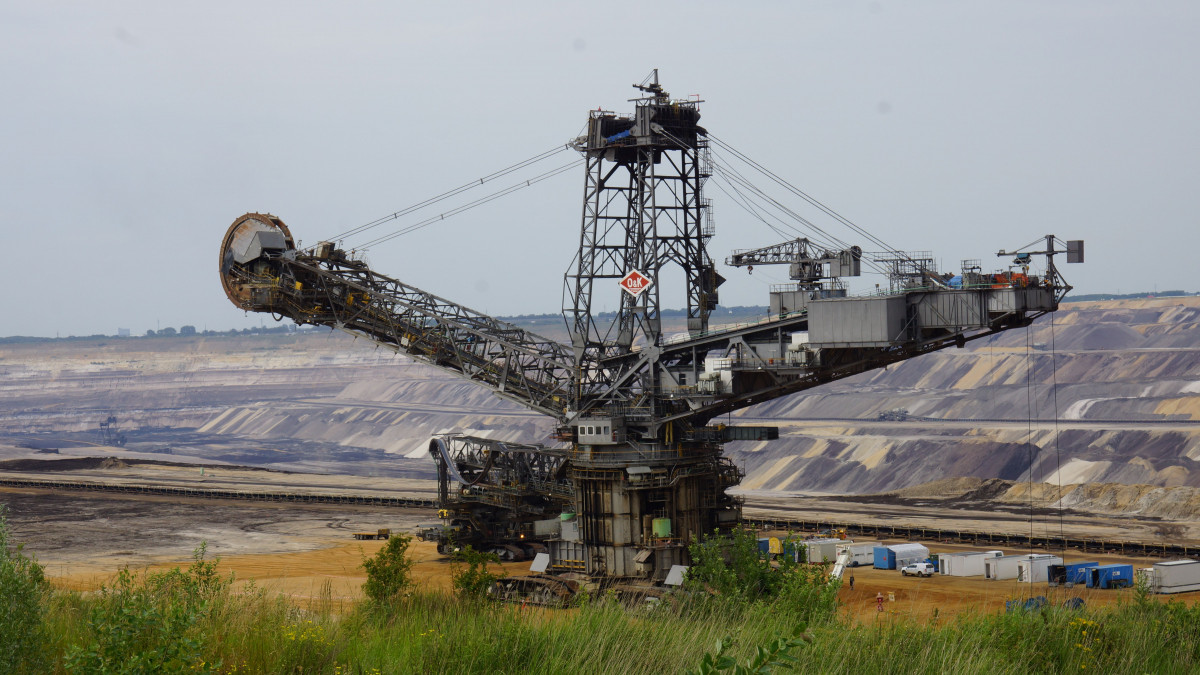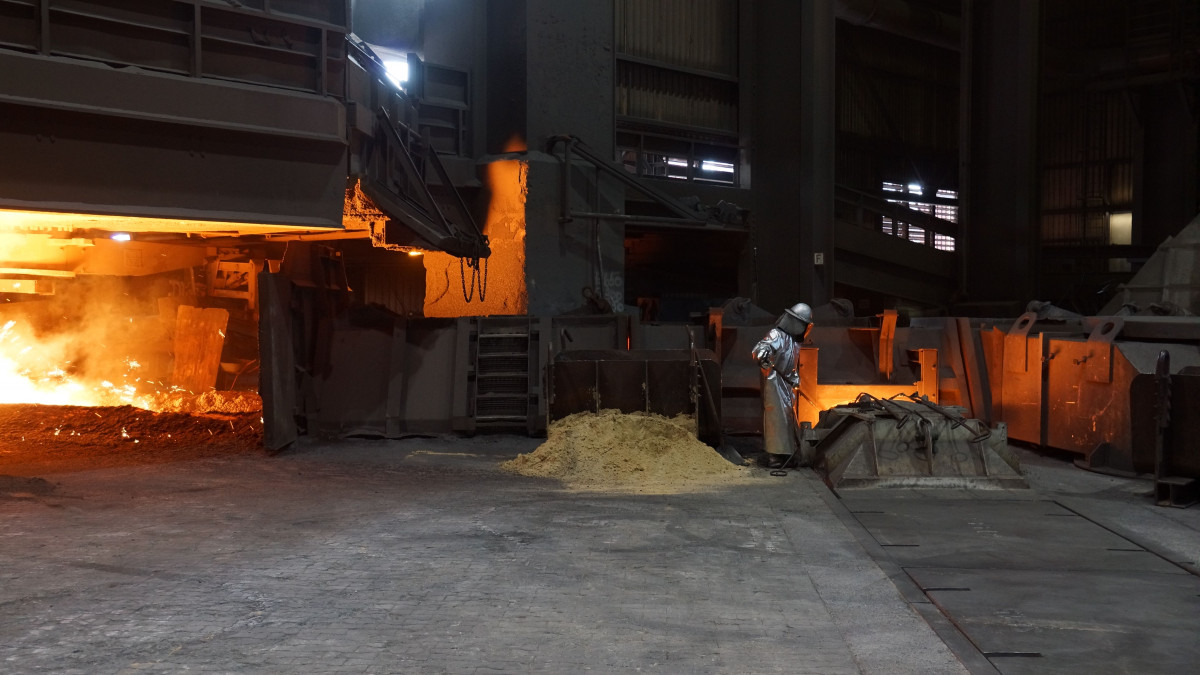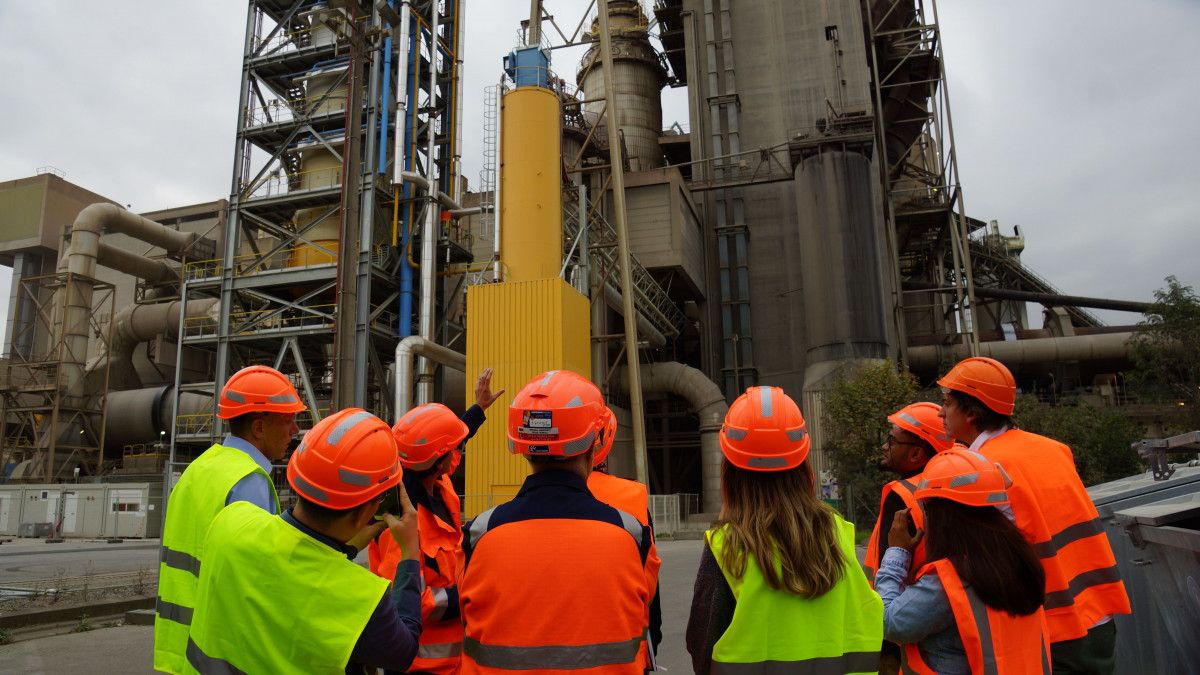Beneath headlines of disappointment, 2019 may have set scene for a 2020 full of climate ambition
The underwhelming results of the COP25 in Madrid seemed to neatly wrap up a tough year for international climate and energy policy. Despite the UN’s dramatic rallying call for decisive, urgent action in September, international efforts like the G7 or the G20 or the EU’s plan to commit to climate neutrality by 2050 seemed more about containing obstructionists than talking progress.

In Germany, many observers decried the agreed end-date for coal-fired electricity generation by 2038 as too late, lambasted the climate package as too weak and looked in horror at the stalling wind power expansion that threatens the country’s Energiewende to a low-carbon, nuclear-free economy.
But 2019 also provided signs of a potentially seismic shift in the public’s view on climate. Many of the plans and measures ultimately agreed on would have been deemed impossible only a few years back. Five years ago, mentioning a coal exit in Germany was almost a political no-go. Now, many think that the end of coal may effectively come well before the agreed 2038 end-date.
Driven by millions of mostly young Fridays for Future climate protesters and the surge of the Green Party in regional and European elections and national polls, the government decided to introduce a national carbon price in transport and buildings, a measure that reportedly had been among the controversial policies that had led to the collapse of coalition talks between Chancellor Angela Merkel’s conservatives, pro-business Free Democrats and the Green Party after the 2017 elections.
2019 provided signs of a potentially seismic shift in the public’s view on climate.
Merkel’s government also approved the country’s first climate law with more stringent rules and committed to drive EU efforts to reach climate neutrality by 2050. Germany also voiced strong support for new European Commission President Ursula von der Leyen’s Green Deal. Even Germany’s latest emissions data provide some reason for optimism: the soaring share of renewable energy sources in electricity production helped push coal out of the system, lowering energy-related CO2 emissions by some 7 percent.
Most importantly, the climate crisis and the potential solutions are now topping the agenda well beyond the political arena. People talk about climate, in the media, at work and at dinner parties. Over 60 cities in Germany have declared climate emergencies and pledged to redouble efforts on climate. Company after company announces plans for climate neutrality, and more and more ad campaigns focus on climate aspects.
The long hesitant German car industry has become serious about the shift to e-mobility. Even the country’s heavy industry – from steel makers and chemicals firms to cement factories and machinery makers – has started to work on business models for a zero-carbon future. And the banks, brokers and insurers have woken up to the systemic risks in their books and are ready to adjust lending and asset management accordingly. Whether they all will follow through with action remains to be seen, yet the many commitments sound serious.
The Clean Energy Wire team has not only reported on those decisions and analysed those developments but also worked with several hundred international journalists on how to best cover all those aspects of the energy transition.

Some 100 colleagues met in Berlin for the CLEW Global Energy Transition Journalism Conference GETJO19 conference to discuss best practice on covering the transition in the business sector. CLEW took Australian colleagues to the heart of Germany’s coal exit to see what a just transition for all affected could look like. A group of international journalists literally felt the heat of the challenge of decarbonising the heavy industry when gazing into steelmakers’ blast furnaces during a research tour. CLEW also brought the often dry, yet important power grid issues to life with visits to underground cable construction sites and a grid operator’s control centre. A tour to Brussels on the inner workings of EU climate and energy policy prepared journalists from Poland, Italy, France and Germany for the Green Deal presented only days later.
The CLEW team supported more than 100 journalists individually in their own reporting throughout the year, with topics ranging from fairness in the energy transition and public acceptance of wind power to legal and financial questions around the coal exit. In the CLEW Journalism Network – which has grown to nearly 200 journalists from across the globe – the exchange of tips and tricks on covering the energy transition across borders has also become more and more lively as an increasing number of international media cover the climate crisis and the solutions more in-depth.
2020 will provide ample opportunities for journalists to use those insights as they will follow closely to see if politicians and businesses live up to their promises.
At the UN climate summit COP26 in Glasgow countries are expected to ratchet up their ambitions under the Paris Agreement. Observers agree that the EU – and Germany as its largest member state – will play a crucial role. The EU-China summit in September in Leipzig, when Germany holds the EU Council presidency, will offer a chance to forge an important alliance.
Back at home, the German government faces the moment of truth when figures will finally show by how much the country misses the original goal of cutting emissions by 40 percent compared to 1990. The public’s acceptance of onshore wind power, needed for further expansion of this now essential part of the country’s future energy mix, remains a problem to fix. The final schedule for the coal exit and the potential compensation for plant operators will also keep the government busy. Whether Merkel’s shaky government can muster the resolve to take leadership remains unclear as both parties will be busy finding the perfect leading candidate and programme for the 2021 elections.
The CLEW team will follow all these developments closely, continue to support colleagues who want to cover the energy transition and provide networking opportunities to exchange views, tips and ideas.
For now, we are taking a two-week break to come back on 6 January with fresh energy and new ideas. We wish all our readers a relaxing and peaceful festive season and great start into the important year 2020.
Sven & the CLEW team


